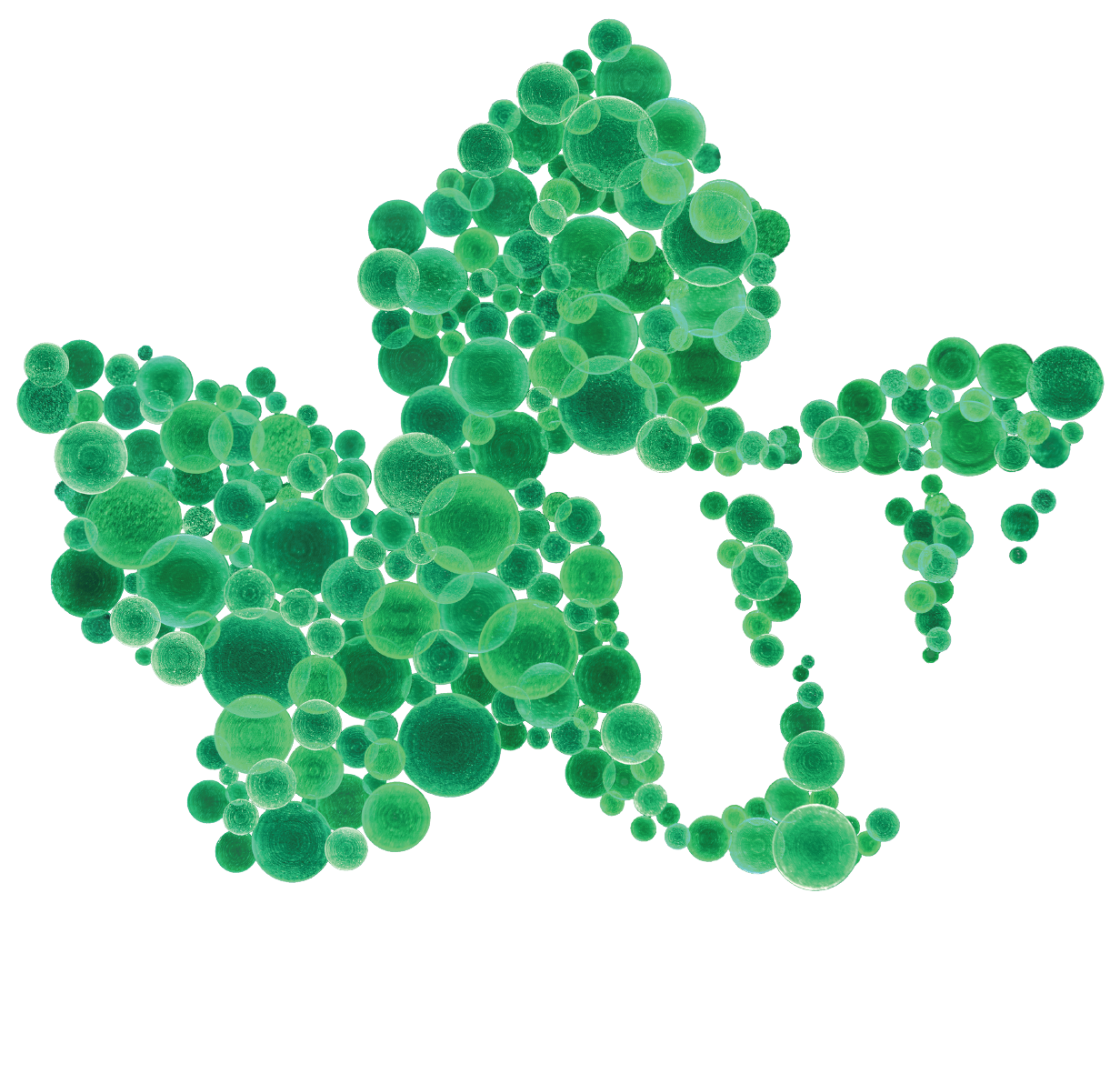


Wege Prize
Wege Prize
2024 WEGE PRIZE AWARDS: FRIDAY, MAY 17, 10AM ET
In-person at the Kendall College of Art and Design, WNF Building, 17 Pearl St NW, Grand Rapids, MI.
Streaming live online on this page.
Hear from the 2024 finalist teams as they present their circular design projects for a more sustainable future and compete for $65k in cash prizes. Listen as the judges -- seasoned professionals from around the world -- provide feedback, ask questions, and ultimately determine who will be our winning teams. This event is free and open to the public.
SCHEDULE OF EVENTS
10:00 AM – 12:20 PM: Finalist Presentations
12:20 PM – 2:00 PM: Judges’ Deliberation & Lunch Break
2:00 PM – 2:30 PM: Presentation of Awards
2:30 PM – 3:00 PM: Break and Networking
Virtual Judges' Forum: Saturday, May 18th, 10:00 AM-11:00 AM ET, streaming live on this page.
In the Judges' Forum, the finalist teams and judges connect through open discussion, recapping their solutions and where they will go next.
What is Wege Prize?
Wege Prize is an annual competition that ignites game-changing solutions for the future by inspiring college/university students around the world to collaborate across institutional, disciplinary, and cultural boundaries to redesign the way economies work. Participants contend for $65,000 (USD) in total cash prizes, all while learning—and helping to show the world—what the future of problem solving looks like.
The PLAYERS
College/university students from around the world apply as transdisciplinary teams of five, representing different academic disciplines, institutions, and degree levels.
Teams advance through up to four distinct phases, receiving feedback from experts and professionals in related fields along the way.
PARTICIPATION REQUIREMENTS
The Challenge
How can we create a circular economy?
Each team must leverage its transdisciplinary makeup to collaboratively design and propose a product, service, business model, or other solution to a wicked problem of their choosing that can help us transition from a linear economic model to a circular economic model.
READ THE 2024 DESIGN BRIEF
The Prizes
Winning teams will split the following awards evenly between their five members:
First Place: $30,000 (USD)
Second Place: $20,000 (USD)
Third Place: $10,000 (USD)
Finalist Awards (2): $2,500 (USD)
PAST WINNERS

What is the circular economy?
What is the circular economy?
What is the circular economy? What does it look like in practice? Who's doing it now? And how can you get involved? Watch the above video from the Ellen MacArthur Foundation to learn more!
the basics
Looking beyond the current take-make-waste extractive industrial model, a circular economy aims to redefine growth, focusing on positive society-wide benefits. It entails gradually decoupling economic activity from the consumption of finite resources, and designing waste out of the system. Underpinned by a transition to renewable energy sources, the circular model builds economic, natural, and social capital.
A circular economy is based on three principles:
1. DESIGN OUT WASTE AND POLLUTION
2. KEEP PRODUCTS/MATERIALS IN USE
3. REGENERATE NATURAL SYSTEMS
THE ELLEN MACARTHUR FOUNDATION
The Ellen MacArthur Foundation was launched in 2010 to accelerate the transition to a circular economy. Since its creation the charity has emerged as a global thought leader, establishing the circular economy on the agenda of decision makers across business, government, and academia.
“We are trying to change a system, not one business. We need to change the way people think, the way things are designed, the materials that are put into them.”




